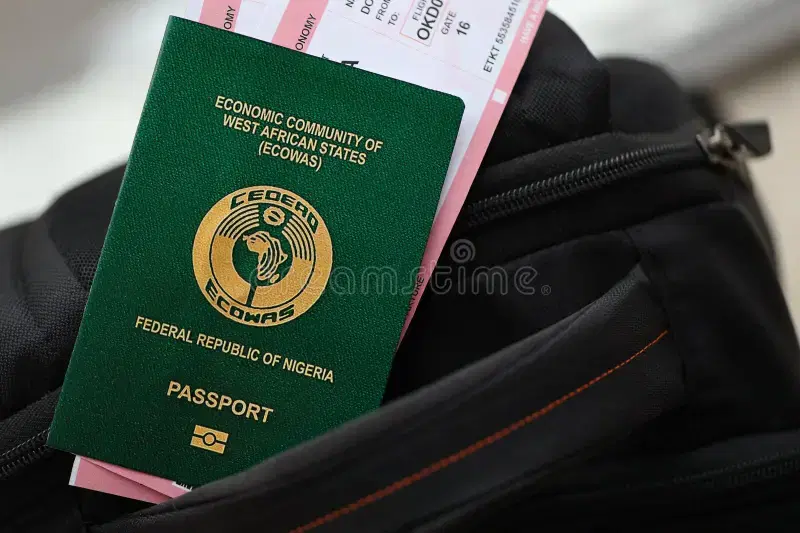He had resigned from his post on Tuesday, amid controversies surrounding academic records and allegations of certificate forgery.
Nnaji, whose resignation was confirmed by the Presidency on Tuesday, said in a statement on Tuesday that he stepped down after “deep reflection and consultations with family, associates, and well-meaning Nigerians.”
According to him, his exit followed “an orchestrated sustained campaign of falsehood, politically motivated, and malicious attacks” targeted at his person and office over the past week.
“These unfounded allegations and media distortions have not only caused personal distress but have also begun to distract from the vital work of the ministry and the Renewed Hope Agenda of Mr President,” he said.
Nnaji maintained that his decision to quit was not an admission of guilt, but a move to uphold due process and respect ongoing judicial proceedings.
“My decision to step aside is therefore a personal choice — not an admission of guilt, but rather a principled decision to respect the sanctity of due process and to preserve the integrity of the judicial proceedings currently before the court. In the end, justice will prevail, and history will vindicate the just,” he stated.
The former minister said he could not in good conscience allow “distractions to cast a shadow over the noble objectives” of the Tinubu administration, adding that his reputation had been built over “five decades anchored on hard work, honour, and service to humanity.”
He thanked President Tinubu for the confidence reposed in him and for the privilege to serve, pledging continued loyalty to the administration’s vision for a “renewed, innovative, and technologically driven Nigeria.”
Nnaji was appointed in August 2023 and served until his resignation amid ongoing investigations into alleged procurement irregularities in his ministry.
Nnaji and the Enugu State Government had traded words over allegations that he presented forged certificates.
































